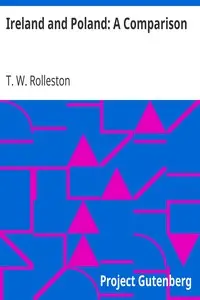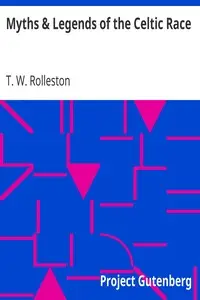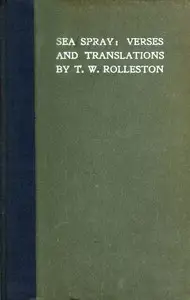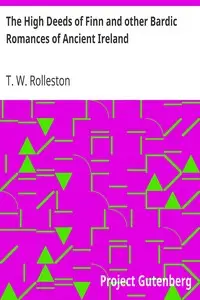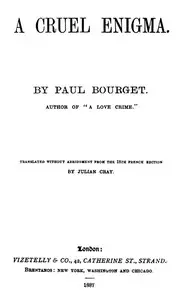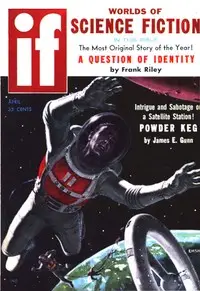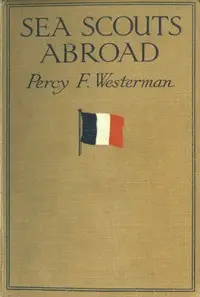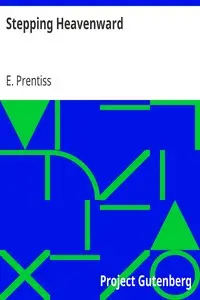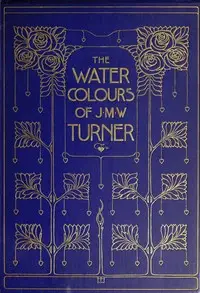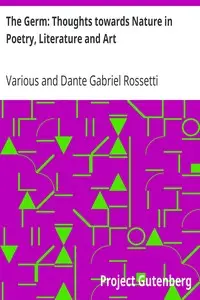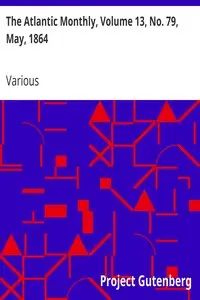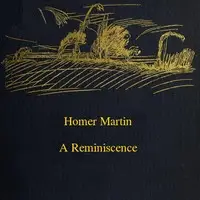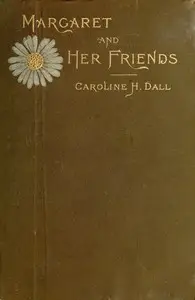"Parallel Paths: A Study in Biology, Ethics, and Art" by T. W. Rolleston is a scientific publication written in the early 20th century. This work examines the interconnectedness of biology, ethics, and art, addressing profound questions about the nature of life and human existence in the wake of evolving scientific thought. Through a blend of philosophical inquiry and biological study, Rolleston aims to explore the complexities of evolution and its implications for our understanding of morality and artistic expression. The opening of the book sets the stage for this exploration by referencing a prominent passage from Dr. J. Reinke that highlights the inadequacies of purely mechanical interpretations of life. Rolleston introduces the concept of an elusive factor, referred to as "X", which he believes underpins the processes of life, development, and moral reasoning. He critiques previous theological arguments, particularly William Paley's analogy of the watchmaker, suggesting that viewing the universe simply as a mechanistic design fails to capture the dynamic and evolving nature of both biological systems and human consciousness. By framing his work as a synthesis of disciplines, Rolleston invites readers to engage with the vital questions surrounding the unity of existence and the significance of human experience within the larger context of the natural world. (This is an automatically generated summary.)
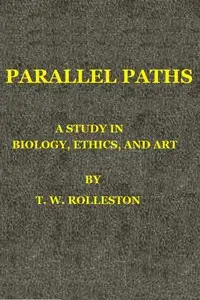
Parallel Paths: A Study in Biology, Ethics, and Art
By T. W. (Thomas William) Rolleston
"Parallel Paths: A Study in Biology, Ethics, and Art" by T. W. Rolleston is a scientific publication written in the early 20th century. This work exam...
Genres
Released
2014-06-14
Formats
epub
mobi
epub (images)
mobi (images)
epub3 (images)
Free Download
Overview
About the Author
Thomas William Hazen Rolleston was an Irish writer, literary figure and translator, known as a poet but publishing over a wide range of literary and political topics. He lived at various times in Killiney in County Dublin, the German Empire, London and County Wicklow; settling finally in 1908 in Hampstead, London, where he died. His Killiney home, called Secrora, subsequently became the home of tennis player Joshua Pim.
Total Reviews
10.0k
Total reviews from Goodreads may change

